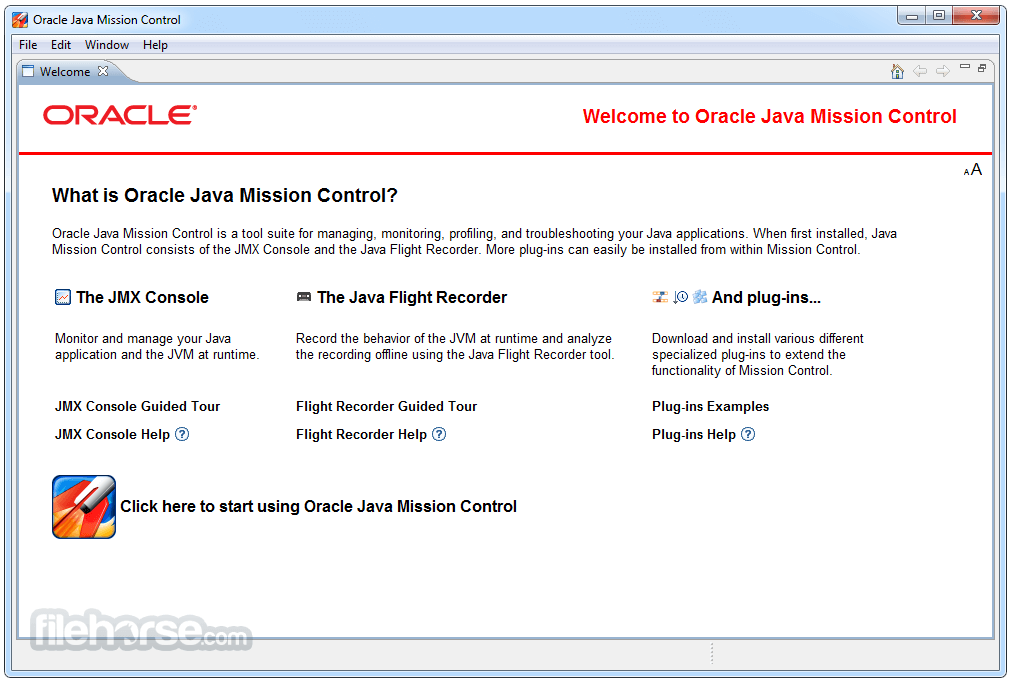JDK 8 Java SE development kit is supporting for Windows, Mac, Linux, Solaris, and Solaris SPARC 64 bit and 32 bit. JDK 8 Offline Installer Free Download There are master developers of app, applets, and java component.
- $ sdk list java Available Java Versions. 12.ea.20-open 11.0.1-zulu. 11.0.1-open 10.0.2-zulu 10.0.2-open 9.0.7-zulu 9.0.4-open 8.0.192-zulu 8.0.191-oracle + 8.0.181-oracle 7.0.181-zulu 1.0.0-rc-10-grl 1.0.0-rc-9-grl 1.0.0-rc-8-grl + - local version. installed - currently in use $ sdk install java 8.0.191-oracle.
- This will install the latest jdk: brew cask install java If you want to manage multiple versions of Java on your Mac, consider using. UPDATE: Now that Java 8 is no longer the most current version, if you want Java 8 install it this way: brew tap caskroom/versions brew cask install java8 To get a list of all older versions of java: brew tap caskroom/versions and then use brew search java.
So I installed the beta of JDK 8 a while ago to look at some of the examples. I thought for sure by now, it’s easy to change between versions.
Doing some Play development with IntelliJ. For some reason, IntelliJ is compiling with 8 even though:
- I have the compiler set in Preferences to use 1.6
- Supposedly it’s using SBT through external build, but sbt from the command line works
- JAVA_HOME is pointing to JDK 6.
If I go to the Java Preferences page, it does show 8 installed, but there is no option to uninstall it and it doesn’t see any of the other versions.
When I do which java, it tells me /usr/bin/java and I do /usr/bin/java -version and it returns 1.6.
Note: with a little fiddling, you can use IntelliJ and JDK7, see here.
I was able to unistall jdk 8 in mavericks successfully doing the following steps:
Run this command to just remove the JDK
Run these commands if you want to remove plugins
Managing Java versions on Mac OSX is a nightmare. I recently switched over to using JDK 1.7, deleting JDK 6 from my MacBook entirely (I also had traces of JDK 5 – this laptop has been updated a few times).
Here’s what I did to move to JDK 7.
1) download the latest from Oracle (http://www.oracle.com/technetwork/java/javase/downloads/index.html) and install it.
2) Remove (using rm – if you’ve got backups, you can revert if you make a mistake) all the JDK6 and JRE6 files.
At this stage, you should see:
(and nothing else)
3) In the folder /Library/Java/Extensions/, you’ll need to remove all the old jar files, the ones that correspond to other releases of Java. If you don’t, you’ll get the infamous message about the wrong version of tools.jar (see Builds failing after upgrading to Java7, Missing Tools.jar and bad class versions). It is not enough to rename the jar files, because Java will open every jar in that folder – I moved mine into a sub-directory. It’s safe to remove them once you know everything else works.
I haven’t found I need to set JAVA_HOME for simple things.
Note: I just tried running IntelliJ and it will not start unless you have Apple’s JDK 6 installed (see http://youtrack.jetbrains.com/issue/IDEA-93710). Same is true for Eclipse. Netbeans works fine.
Use /usr/libexec/java_home ; I found these alias and function to be pretty useful in my ~/.profile:
Jdk 1.8 Download Mac
Here is the official document about uninstalling the JDK.
If you have installed jdk8 on your Mac but now you want to remove it, just run below command “sudo rm -rf /Library/Java/JavaVirtualMachines/jdk1.8.0.jdk”
I nuked everything Java, JDK, and oracle. I was running Java 8 on OSX El Capitan

Other answers were missing tons of stuff. This answer covers a lot more bases.
Good bye, shovelware.
If you uninstall all the files but it still fails, use this line:

Jdk 8 Download Mac Os
This worked perfectly for me:
Macos Jdk 8 Download
Tags: java